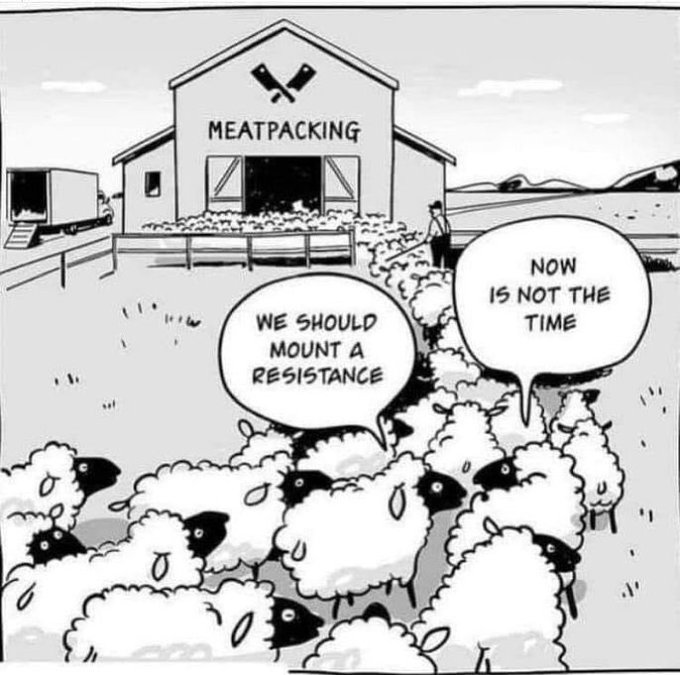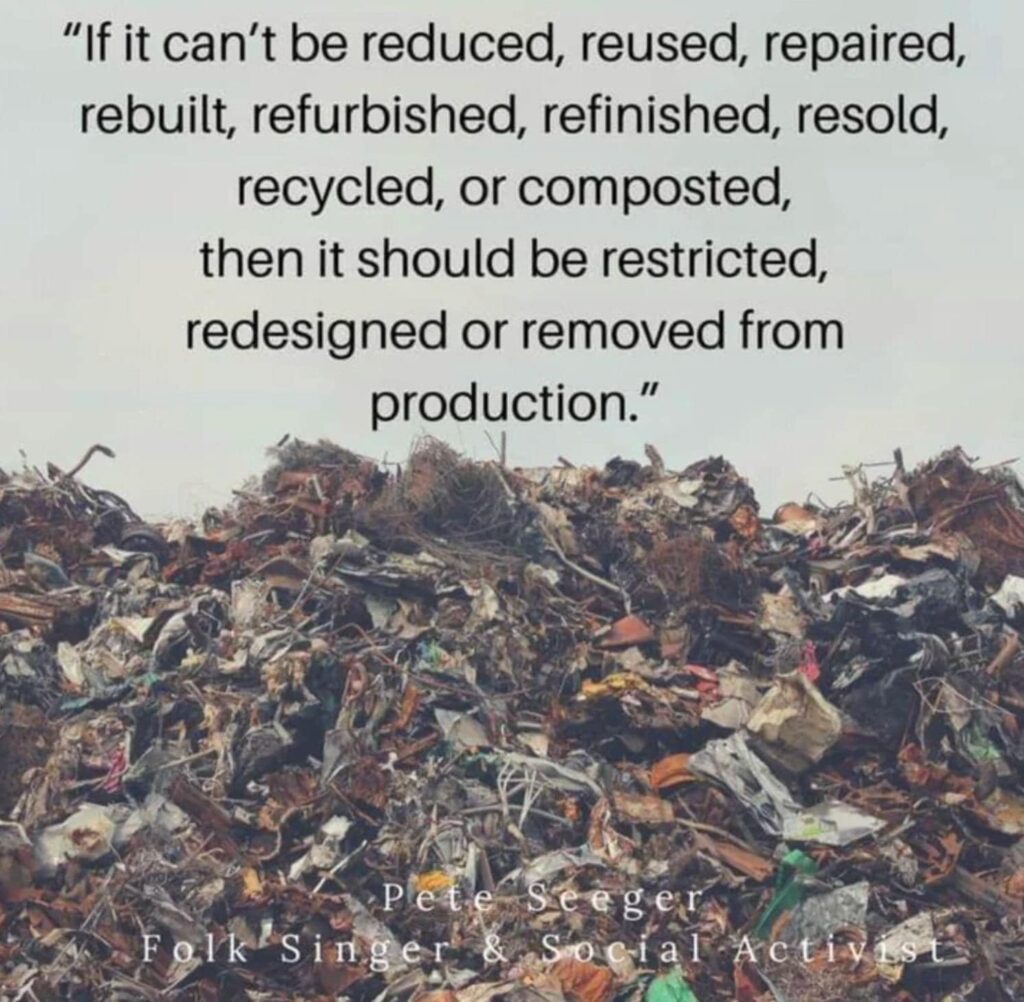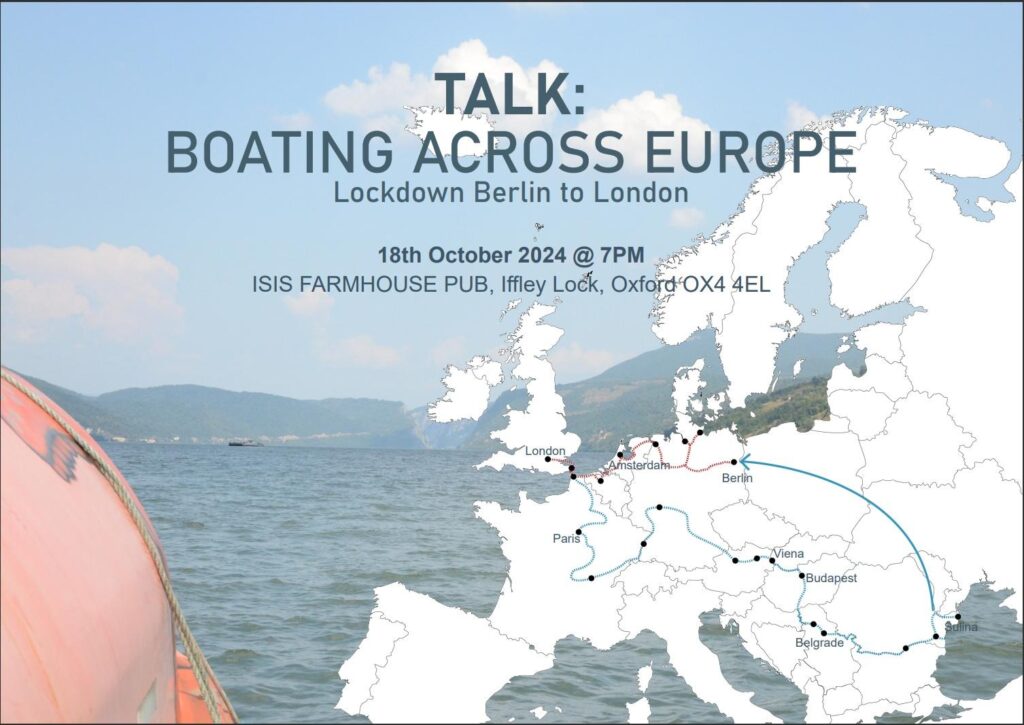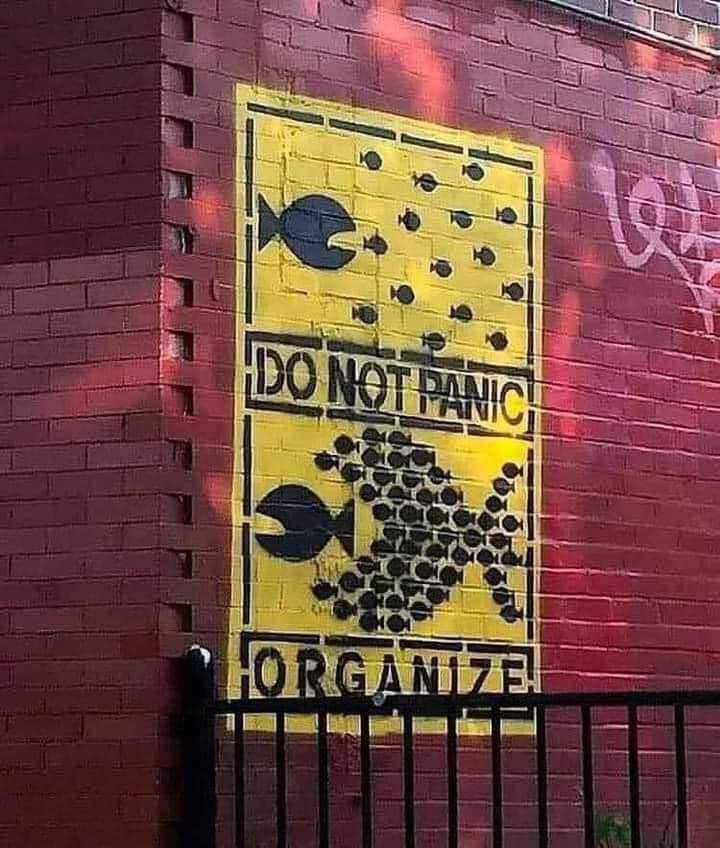In this 20 years of the hashtag story, it’s important to understand chaos as a creative force for change. But it’s also important to see that the path of the #openweb and the ongoing struggle for a more decentralized, human-centered internet, makes this idea of “mess” into meany “bad faith” arguments. For #mainstreaming, people to often hear, images of disorder, confusion, and breakdown, things we are taught to avoid in our neatly structured lives. Yet, from the “native” perspective, mess is not only a negative state to be avoided; it is an essential part of the process of growth, creativity, and radical change to challenge the current mess making, it’s a messy process we need to live through, this is positive as to avoid this mess would be negative.
The mess is not just a state of disarray but also fertile ground for thinking, growth, and alt pathways to emerge. In a world dominated by the #dotcons and their “clean”, control-driven algorithms, we need to reclaim the value of messiness as a useful path to walk. When we talk about “mess,” we’re referring to the tangled, often uncomfortable realities of grassroots organizing, alternative tech development, and the daily work of trying to “natively” build something in the ruins of the old. It’s the disorganized, contentious, and chaotic space where ideas clash, projects falter, and consensus is hard to come by. This mess is unavoidable and, importantly, it is productive.
Mess is where real conversations happen, where people get angry, feel frustrated, make mistakes, and crucially, learn from those mistakes. It’s where things break, and we figure out how to fix them, or better yet, build something that doesn’t have the same flaws. In this, mess is not a symptom of failure but a part of the creative process.
The problem with “clean” solutions pushed by centralized #dotcons like Facebook, Twitter, and Google, is the relentless push for paths, seamless, frictionless experiences that prioritize convenience and profit over human engagement. This creates spaces that discourage messiness, complexity, and deviation from the norm. This experience translates into algorithms that filter out dissent, controversy, and alternative perspectives. It smooths out the rough edges of human interaction, leading to echo chambers and a narrowing of the public spaces we live in.
Our #geekproblem is a part of this dotcons mess, that, spreads into our needed openweb reboot, the sanitized, controlling path is not conducive to real social change. Our natural desire for control (thus safety) is a social problem of “tidying up,” where anything that doesn’t fit into a blinded #mainstreaming categories is thrown out.
The native openweb path is based on ideas and movements that stand in stark contrast to the polished, walled, gated gardens of the dotcons. It’s about creating spaces where mess is not only tolerated but celebrated. Why? Because mess is where serendipity happens. It’s where people come together in unpredictable ways, where different perspectives collide and, through that collision, new and unexpected spaces are opened up for people and communities to take different paths.
When we think about projects on the openweb, whether it’s decentralized social networks like #Mastodon or collaborative platforms like #Wiki’s, they are often messy spaces. They are places where people bring their full, complex selves—warts and all—into the conversation. And that’s what makes them so powerful. Unlike the mainstream platforms, which control and filter, the openweb is alive with the possibility of serendipity. It’s a place where things are being broken down and rebuilt, where people are open to change, so they can challenge the #mainstreaming.
The challenge for those of us working in building the openweb is to learn to love mess, to see it not as a problem to be solved but as a healthy part of the journey. This means accepting that there will be conflict, misunderstandings, and periods of chaos. It means recognizing that there will be little perfect if any polished solution, and that’s okay. Mess is fertile ground, as composting transforms waste into soil, mess is compost for new ideas. We take the scraps, the discarded parts, and the failures and turn them into new connections, new networks, that have the potential to grow into a more equitable digital paths both online and offline.
Mess is resistance, a way of saying that we refuse to be tidied up, categorized, and sanitized. We are messy, complicated, and unpredictable, and this is where our strength lies. Mess is human, at the centre of this path is a simple truth, humans are messy. Our lives are messy. Our relationships are messy. And any system or platform that pretends otherwise is denying this human experience. The openweb should be a place that reflects the full spectrum of human life, not just the neatly packaged version that the dotcons want to sell us.
To turn the chaos, conflict, and complexity into a fertile ground for growth, involves developing better tools for mediation, conflict resolution, and collaborative decision-making within our communities, the #OGB is such a project. It means creating paths and “commons” where different voices can be heard #indymediaback is a media project for this, where disagreements can be worked through constructively, and where there is room for both dissent and consensus #OMN if the overarching project.
The idea of composting the mess is not about eliminating it but transforming it. Just like in nature, where decomposing matter is essential for new growth, our digital and social ecosystems need a process for turning the old, the broken, and the chaotic into the new and vibrant #makeinghistory is a project for this.
The journey to a better openweb is not going to be straight. It will be full of twists and turns, false starts, and breakdowns. But in that mess lies the potential for real, meaningful change. The polished, controlled environments of the #dotcons cannot offer this; they are too invested in maintaining the status quo.
With the committent to the #openweb, the challenge is to embrace the mess, to see it not as a hindrance but as an opportunity. It is in this mess that we will find energy, creativity, and resilience to build a more human-centered internet. Let’s roll up our sleeves, get our hands dirty, and start composting. The future is messy, and that’s exactly why it’s worth fighting for.














